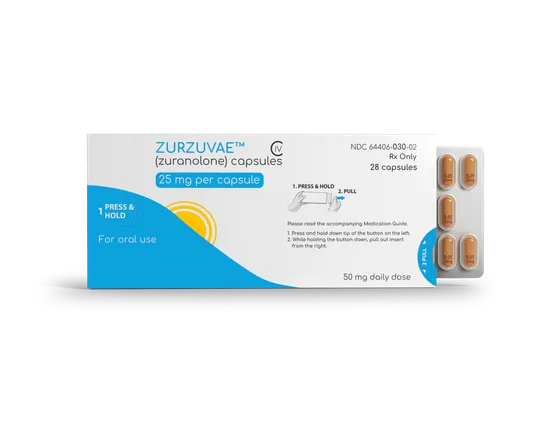Supreme Court weighs abortion opponents’ standing in mifepristone case


The Supreme Court on Tuesday heard legal arguments in a high-profile case involving the Food and Drug Administration’s expanded approval of the abortion pill mifepristone, nearly two years after the court overturned Roe v. Wade.
Lawyers for the Alliance for Hippocratic Medicine, a conservative group that challenged mifepristone’s approval, made their case, as did mifepristone maker Danco Laboratories and the Biden Administration. At issue is whether the FDA acted lawfully when it loosened regulations on the drug’s use. But justices are also weighing whether the plaintiffs have the legal right to sue, also known as standing. A decision is expected in June.
First approved in 2000, mifepristone is typically taken in combination with another pill, misoprostol, for medication abortions. Between 2016 and 2021, the FDA expanded access to the pill by removing requirements around in-person dispensing, allowing mail-order prescriptions and adjusting how soon in gestation it could be used. These requirements had been laid out in what’s known as Risk Evaluation and Mitigation Strategies, or REMS.
Medication abortion accounts for over half of all abortion procedures and mifepristone’s use has reportedly increased since the reversal of Roe v. Wade, which eliminated constitutional protections for abortion. Many conservative states subsequently imposed abortion bans, pushing some women to mail-order prescriptions for mifepristone. A study from the medical journal JAMA found that the provision of medicines like mifepristone for self-managed abortions rose in the six months following the court’s decision.
On Tuesday, abortion opponents asked the Supreme Court to ratify a lower-court ruling that would limit access of mifepristone, citing numbers they say show an increase in emergency room visits related to abortion as well as alleged conscious harm to doctors who object to performing the procedure.
Elizabeth Prelogar, the U.S. Solicitor General, countered on behalf of the Biden administration, arguing the drug was approved based on the FDA’s scientific judgment and noting it has been safely used by millions of women. The Alliance does not have standing, she argued further, calling for the Supreme Court to “put an end to this case.”
Danco Laboratories lawyer Jessica Ellsworth, meanwhile, said the plaintiffs’ view of the “Federal Food, Drug, and Cosmetic Act is so inflexible it would upend not just [mifepristone], but virtually every drug approval and REMS modification FDA has made for decades.”
A reversal of the FDA’s decisions could undermine the agency’s medical authority, many in the drug industry have warned. Biotechnology leaders have been outspoken on the issue since a conservative district court judge in Texas first ruled last year to invalidate mifepristone’s approval. That decision led to appeals and a more limited ruling by a circuit court that would roll back changes made by the FDA to expand access to the drug.
Justices appeared skeptical of abortion opponents’ arguments and of their standing to bring the case.
Erin Hawley, a lawyer for the Alliance Hippocratic Medicine and wife of Missouri Senator Josh Hawley, argued that the loosening of mifepristone requirements violate doctors’ conscience because they could be called upon in an emergency to perform a procedure they don’t agree with. Hawley cited two cases in which doctors performed surgery after a failed medication abortion.
Under federal law, doctors are protected from having to engage in procedures that infringe on their conscience rights.
But Justice Amy Coney Barrett questioned Hawley on whether the doctors actually suffered “harm” as a result of the FDA’s actions. Justice Elena Kagan also pressed Hawley on the same issue.
“Do we have to entertain your argument that no one else in the world can have this drug or no one else in America should have this drug in order to protect your client?” said Justice Ketanji Brown Jackson.
The hearing Tuesday also touched on the courts’ ability to make scientific judgments. Jackson asked Ellsworth if there were concerns about judges “parsing medical and scientific data,” for example.
In response, Ellsworth cited a retracted study that was noted in the lower district court ruling. “FDA has many hundreds of pages of analysis in the record of what the scientific data showed, and courts are just not in a position to parse through and second guess that,” she said.
Pharmacy chains CVS and Walgreens recently said they would start dispensing mifepristone in states where abortion is legal. Reversal of the FDA’s expanded access could limit use of medication abortion even in states that have legal protections for the procedure in place.
This post has been syndicated from a third-party source. View the original article here.




